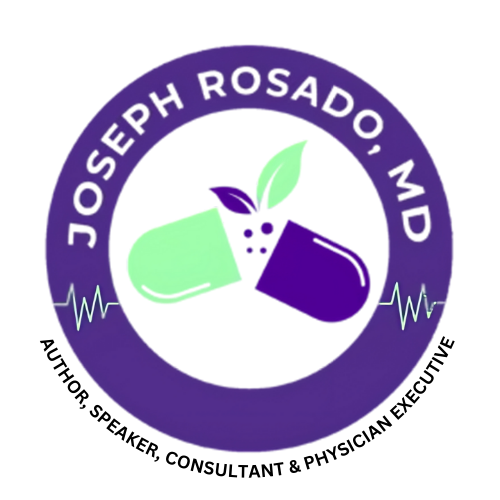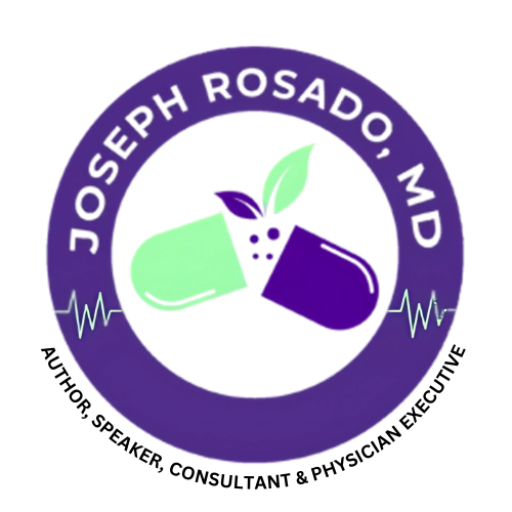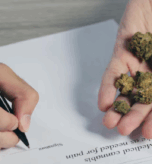Depression and Fatigue: When Tired Isn’t Just Tired
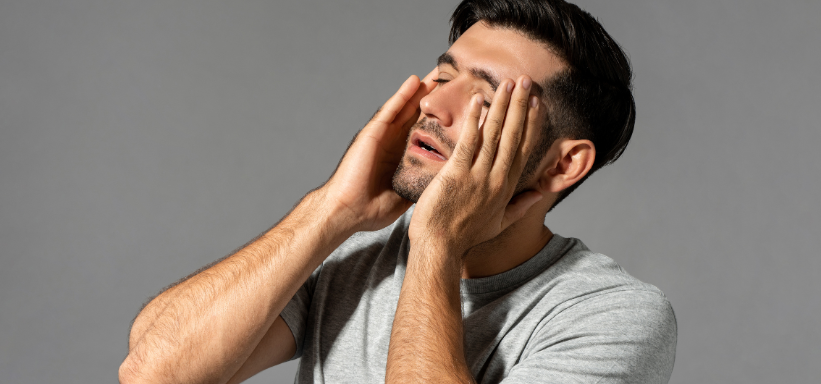
If you’re sleeping enough but still feel exhausted—physically, mentally, emotionally—you’re not alone.
For many people, depression doesn’t always feel like sadness. It often feels like constant fatigue that won’t go away, no matter how much you rest.
You might wake up tired. Drag through your day. Struggle to finish basic tasks.
And the worst part? You don’t even know why.
So, does depression really make you tired all the time?
Yes—and the connection runs deep.
The Link Between Depression and Constant Fatigue
Depression is more than a mood disorder. It affects your entire nervous system, disrupting everything from sleep to motivation to brain chemistry. That’s why chronic exhaustion is one of the most common symptoms.
Here’s what’s really going on:
- Sleep quality breaks down. Depression often causes insomnia, early waking, or excessive sleep—but none of it feels restorative.
- Brain function slows. Emotional processing, concentration, and decision-making all require more mental energy.
- Motivation disappears. Even small tasks feel like a mountain when the brain’s reward system is off-balance.
- Inflammation rises. Depression is linked to increased inflammation, which can sap physical energy and worsen fatigue.
- Cortisol stays high. The stress hormone that should spike briefly stays elevated, wearing down your energy reserves.
In short: your body is trying to cope with emotional distress—and it takes a toll.
Signs You’re Experiencing Depression-Related Fatigue

Fatigue is different from just being tired after a long day.
Here’s how to tell if your exhaustion might be linked to depression:
- You feel drained even after a full night’s sleep
- Simple decisions feel overwhelming
- You’re sleeping more, but still feel unrested
- You’ve lost interest in things that used to energize you
- Physical aches and pains show up without a clear reason
- You feel guilty for “laziness,” but can’t push yourself
- Your brain feels foggy or disconnected
If several of these sound familiar, your exhaustion may be more emotional than physical.
Why Sleep Doesn’t Always Help With Depression Fatigue
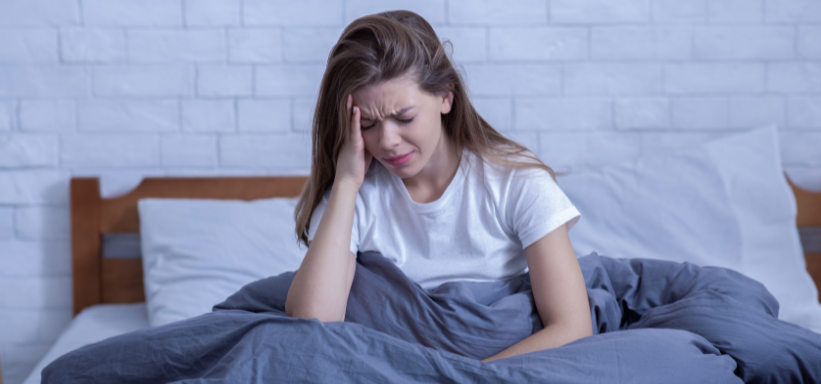
Many people with depression sleep more than usual, sometimes 10+ hours a night—but still feel drained.
That’s because depression can:
- Interrupt REM cycles (which are vital for brain recovery)
- Trigger early-morning waking (especially in high-cortisol states)
- Cause oversleeping that actually disrupts circadian rhythms
So even when you’re “getting enough sleep,” your brain may not be getting the right kind of sleep.
What You Can Do to Manage Depression-Related Fatigue
Fatigue that’s tied to depression won’t fully lift without addressing the root cause. Therapy, medication, or advanced options like ketamine therapy can significantly improve symptoms.
Stick to a consistent bedtime and waking time. Reduce screen time. Consider a wind-down routine that includes journaling, light stretching, or quiet reading.
Even small amounts of movement, like a 10-minute walk, can boost energy and mood. Don’t aim for perfection—aim for consistency.
Depression can kill appetite—or lead to binge eating. Support your energy levels with regular meals, protein, healthy fats, and hydration.
Fatigue is not weakness. Speak to yourself with the same kindness you’d offer a friend.
How Ketamine Therapy Can Help
For patients with treatment-resistant depression, ketamine therapy offers a new path—especially when fatigue is constant and severe.
Unlike traditional antidepressants that can take weeks to work, ketamine often provides noticeable improvement within 24–72 hours.
It helps by:
- Repairing neural connections damaged by stress and trauma
- Boosting glutamate levels to support brain flexibility and function
- Calming the body’s stress response—allowing energy systems to reset
If you’ve tried everything and still feel stuck, this option may be worth discussing with a licensed provider.
FAQs: Depression and Fatigue
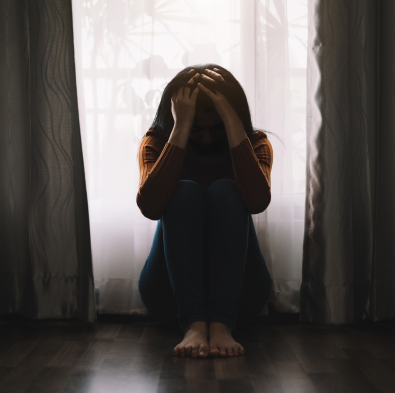
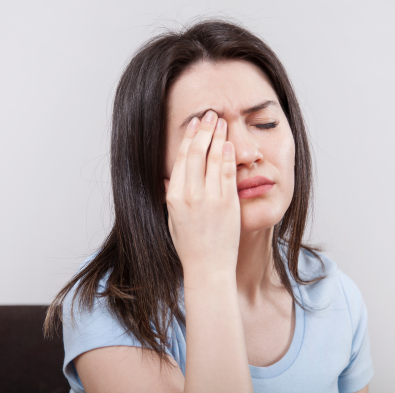
Yes. Depression affects your entire body, not just your emotions. Fatigue is one of the most common physical symptoms.
Depression disrupts your brain’s sleep cycles, especially REM, which prevents you from feeling fully restored.
In many cases, yes. But some antidepressants may cause drowsiness or mental fog, so it’s important to review options carefully with your doctor.
Gentle movement—like walking or stretching—can help over time. Start small and go at your own pace.
Normal tiredness gets better with rest. Depression-related fatigue doesn’t—and may come with emotional numbness, low motivation, or brain fog.
They share some overlap, but chronic fatigue syndrome (CFS) is a distinct condition. A medical evaluation can help clarify the difference.
Yes—especially if emotional distress or negative thinking patterns are draining your mental bandwidth.
A professional consultation can help rule out other causes like thyroid issues, anemia, or sleep apnea.
Your Tiredness Is Valid—and It Has a Cause
If you’ve been hard on yourself for feeling drained, unproductive, or constantly behind, take a breath.
Depression-related fatigue is real. It’s not laziness. It’s not a lack of willpower. It’s a medical symptom that deserves attention—just like any other.
You don’t have to keep pushing through the exhaustion without answers.
There are real ways to feel better—and support is within reach.
